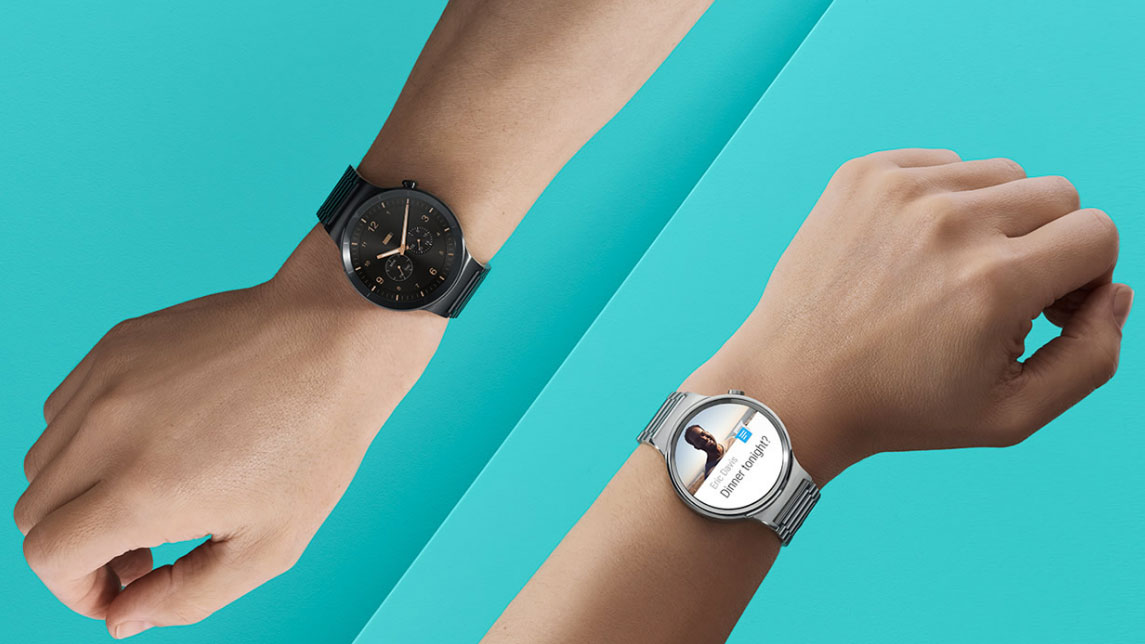Android Wear 2.0 will release in just a few weeks
It's almost time

The wait for Android Wear 2.0 is nearly over as Google Play is alerting developers via email that the wearable operating system's release is just a few weeks away.
Google delayed the updated OS's launch at the end of last year, pushing it to early 2017. Now, "early 2017" has been winnowed down even further to early next month.
The Google Play email, which was posted to Google+ today by a developer, states: "Android Wear 2.0 is launching in early February 2017." The email encourages devs to prepare their apps for its arrival, primarily so these aren't left out of the new on-watch Google Play Store.
Android Wear 2.0 ushers in a number of other improvements, including integration with the voice-controlled Google Assistant, support for Android Pay and apps that don't require a phone to work. It also brings back swipe-to-dismiss, a feature sorely missed from Android Wear 1.0.
New Android Wear devices, too?
With the roll out of Android Wear 2.0, new smartwatches running the OS are likely not far behind.
Google has already confirmed two flagship Android Wear 2.0 watches are due early this year. It wouldn't surprise us if the watches' releases are timed on or near the operating system's launch in order to highlight its new features.
Casio also debuted the WSD-F20, a rugged smartwatch flowing with Android Wear 2.0, at last week's CES 2017 show, though we're still missing release date details.
Get daily insight, inspiration and deals in your inbox
Sign up for breaking news, reviews, opinion, top tech deals, and more.
Meanwhile, former Android Wear stalwarts, including Motorola, are in a wait-and-see mode with the updated OS before releasing new devices. However, if version 2.0 delivers on its promises, they may not be sitting back much longer.
Via 9to5Google
Michelle was previously a news editor at TechRadar, leading consumer tech news and reviews. Michelle is now a Content Strategist at Facebook. A versatile, highly effective content writer and skilled editor with a keen eye for detail, Michelle is a collaborative problem solver and covered everything from smartwatches and microprocessors to VR and self-driving cars.
